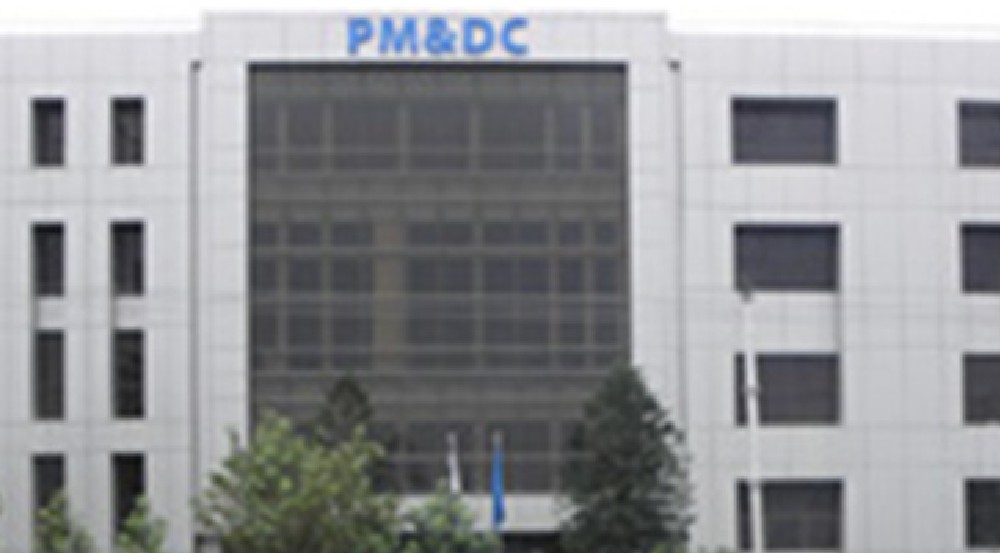
The Pakistan Medical and Dental Council (PMDC) has officially approved the National Medical and Dental curriculum for the academic year 2023-24. This significant move was unanimously agreed upon during the first meeting of the academic year by the Academic Board of PMDC.
The board has also decided to establish committees to review various regulations and matters. The aim is to align the country’s medical education with global standards. The board members, who are well-known both nationally and internationally, will serve a four-year term.
The Higher Education Commission (HEC) Chairman and the President of the College of Physicians and Surgeons Pakistan (CPSP) have pledged their full support to the PMDC Council in this endeavor. They have committed to cooperate fully to ensure the successful implementation of the new curriculum.
One of the key tasks undertaken by the Academic Board is the development of criteria, regulations, and proforma for Continuing Medical Education/Continuing Professional Development (CME/CPD) programs. These initiatives are designed to support doctors in their professional growth and development. The CPSP has also offered its support and shared measures they had taken to achieve similar goals. The committee aims to establish CME/CPD credit hours for both general and specialist medical/dental practitioners, which would be crucial for renewing their PMDC licenses.
The President of PMDC, Prof. Dr. Rizwan Taj, and his team have been recognized for their efforts towards gaining international acknowledgment. They have applied to the World Federation for Medical Education (WFME) for its accreditation program and organized workshops to strengthen relationships with medical and dental colleges to gain WFME recognition.
The meeting was chaired by Prof. Dr. Zahid Aman, Dean of Khyber Girls Medical College Peshawar, who leads the Academic Board. Dr. Syed Azhar Ali Shah efficiently assisted the forum as the Secretary to the Board.
The current Academic Board has built upon the policies set by the previous board, which were all implemented in the best interest of students and doctors. These policies included the Medical and Dental Colleges Admission Test (MDCAT)/National Residency Exam (NRE) and National Examination Board (NEB) examinations.








